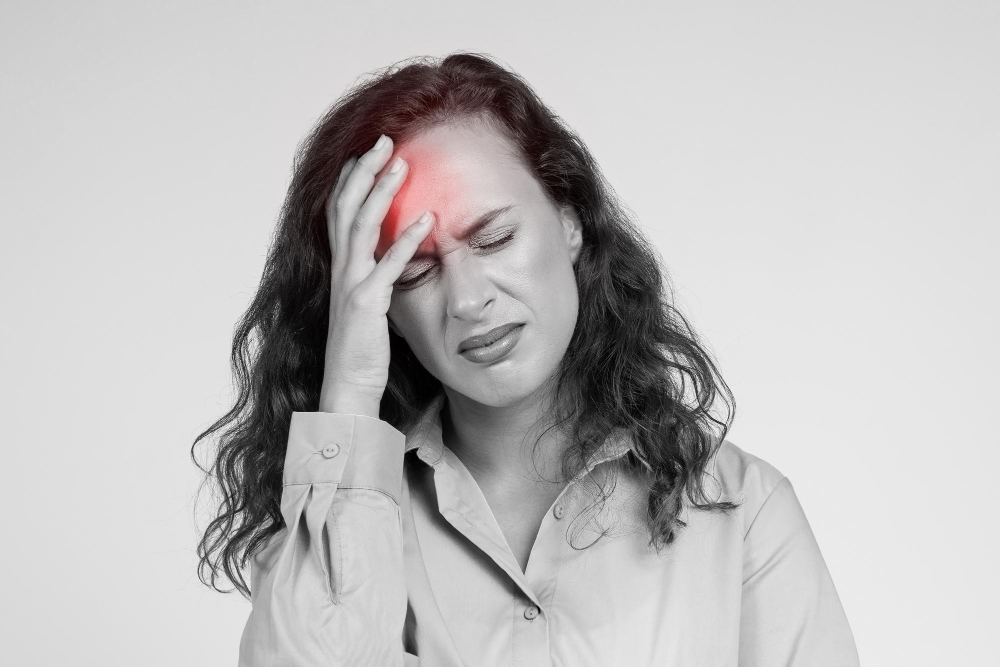Introduction
Migraine management has changed a lot in recent years. Today, many people want options that go beyond painkillers. In fact, modern approaches to migraine management focus on natural migraine relief, prevention, and non-drug migraine therapies. These new methods can help reduce attacks and improve daily life. Let’s explore how you can manage migraines with these modern strategies.
What is Migraine?
A migraine is more than just a headache. It is a brain condition that causes severe, throbbing pain, often on one side of the head. Sometimes, people also feel sick, see flashing lights, or become sensitive to light and sound. Migraines can last for hours or even days. According to the World Health Organization (WHO), migraines are one of the most common nervous system disorders.
Why Look Beyond Painkillers?
Painkillers can help with migraine pain, but they have limits. Over time, using them too often can cause more headaches, called rebound headaches. Also, some painkillers can upset your stomach or cause other side effects. Because of these risks, many people want natural migraine relief and migraine prevention without medication. Exploring non-drug migraine therapies can offer safer, long-term solutions.
Modern Non-Pharmacological Approaches
Today, there are many ways to manage migraines without medicine. These methods focus on changing habits, reducing triggers, and using new tools. For example, you can try:
According to the American Migraine Foundation, these non-drug migraine therapies can be very effective for many people.
Preventive Treatments
Preventing migraines is just as important as treating them. There are several ways to do this without relying only on medicine. For instance, you can consider:
Research from the National Institutes of Health (NIH) supports the use of some supplements and physical therapy for migraine prevention.
Tips for Daily Migraine Management
Managing migraines every day can feel hard, but small steps make a big difference. Try these practical tips:
With these steps, you can lower your risk of migraines and feel more in control.
When to Seek Medical Help
Sometimes, migraines need more than home care. If you have frequent or severe migraines, or if your symptoms change, see a healthcare specialist. Also, seek help if you have:
These signs could mean a more serious problem. Always consult a doctor for personalized migraine management advice.
Conclusion
In summary, migraine management now goes far beyond painkillers. Modern approaches include lifestyle changes, non-drug migraine therapies, and preventive treatments. By using these methods, you can find natural migraine relief and improve your quality of life. Consult a healthcare specialist for personalized migraine management advice.

